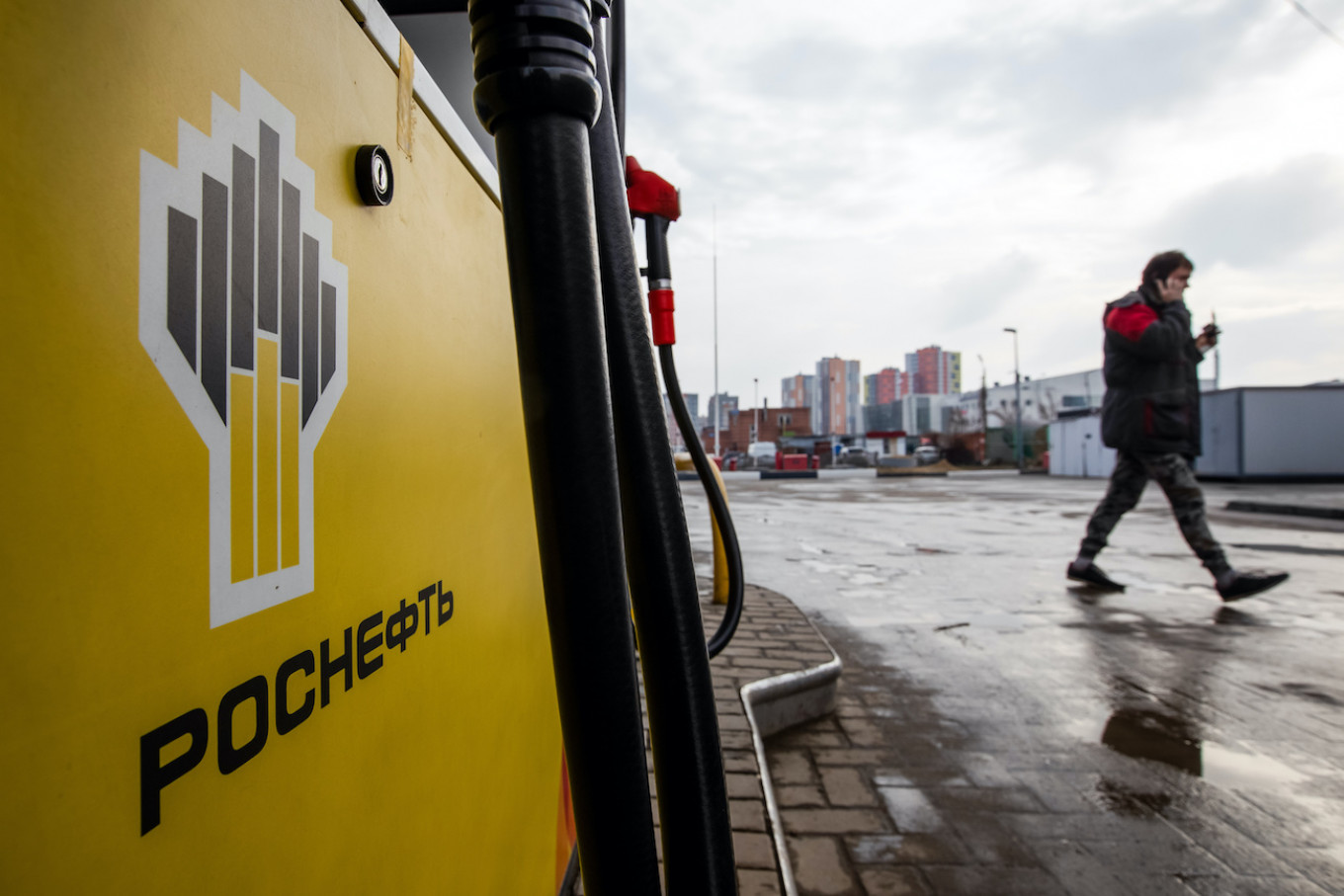
U.S. and European oil majors’ commitment to moving away from fossil fuels toward renewable energy threatens oil supplies and prices, Russia’s state-run oil giant Rosneft has said, according to the Financial Times.
BP, Chevron, Eni, Equinor, ExxonMobil, Repsol, Shell and Total have to varying degrees laid out strategies they say are compatible with the Paris climate treaty. They have announced measures over the past year that include reducing the carbon intensity of their products, transitioning into renewable energy, storing “captured” CO2 underground and offsetting emissions through reforestation.
Rosneft criticized these moves in a sign of what the FT described as “a growing divide” between state-backed oil companies and the energy companies that helped shape today’s oil industry.
“It is an existential threat for supply. It is an existential threat for price volatility,” it quoted Rosneft first vice president Didier Casimiro as saying at the newspaper’s commodities summit.
“We will have a [supply] crunch, price volatility and, yes, higher prices,” Casimiro said.
The oil majors’ move away from their core business, he added, means other players “will need to step in” and “take that responsibility.”
Meanwhile, Rosneft is looking to double down on hydrocarbons and extract up to 5 billion tons of light-quality oil in the Arctic through its Vostok Oil project. Rosneft CEO Igor Sechin has described the project as the biggest in the history of the modern global oil industry.
The U.S. Treasury earlier this year sanctioned Casimiro and Rosneft’s Geneva-based trading arm, where he is chairman of the board and president, for allegedly propping up Venezuela’s oil sector.
AFP contributed reporting.
